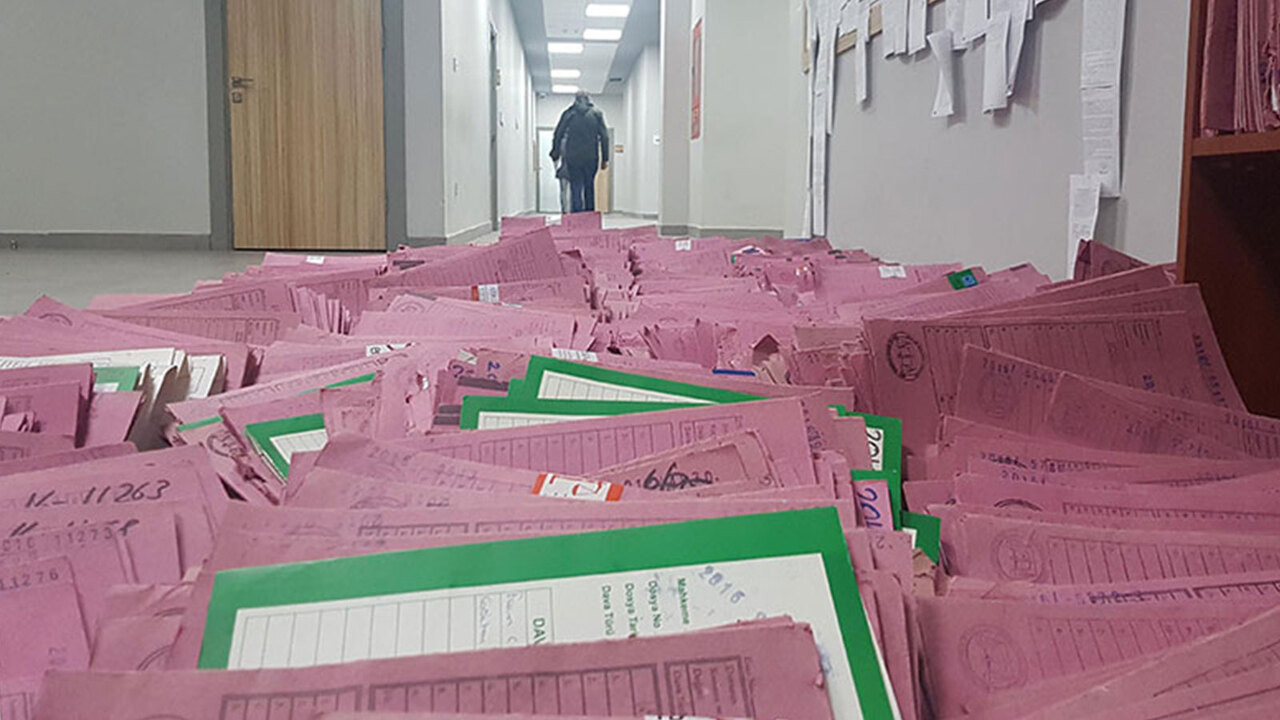Credit card debt in Turkey increased 2.5-fold in 2023
The total amount of credit card debt, which was 446 billion liras in 2022, increased 2.5 times by the end of 2023 and exceeded 1.1 trillion liras, according to Turkey’s Banking Regulation and Supervision Agency (BDDK) data.
Duvar English
Credit card indebtedness in Turkey reached a record high in 2023 and exceeded 1.1 trillion liras ($37B) at the end of the year, increasing 2.5 times compared to 2022, according to data from the Banking Regulation and Supervision Agency (BDDK). The same amount was 446 billion liras ($27B according to the average exchange rate) in 2022.
Despite the increase in debts, consumer loans contracted by 12 percent in this period. Vehicle loans increased by 93 percent in 2023.
Housing loans almost came to a standstill with a growth of only 22 percent throughout the year. When adjusted for inflation, this rate means a 26 percent contraction.
In the same period, the total debt of personal loans and credit card debts reached 2.7 trillion liras.
Throughout 2023 Turkey suffered high inflation with the official annual rate of 64.8 percent and a rising cost of living.
After the elections in May, the new economic administration tightened monetary policy. Even though credit utilization decreased with high interest rates, credit cards replaced the decreasing loans.


 Turkish credit card debts surge by 119 pct to $34.7B in 2023Economy
Turkish credit card debts surge by 119 pct to $34.7B in 2023Economy Foreclosure cases in Turkey increase by 63 percent in 2023Economy
Foreclosure cases in Turkey increase by 63 percent in 2023Economy Turkey's official annual inflation for 2023 soars to 64.8 pctEconomy
Turkey's official annual inflation for 2023 soars to 64.8 pctEconomy